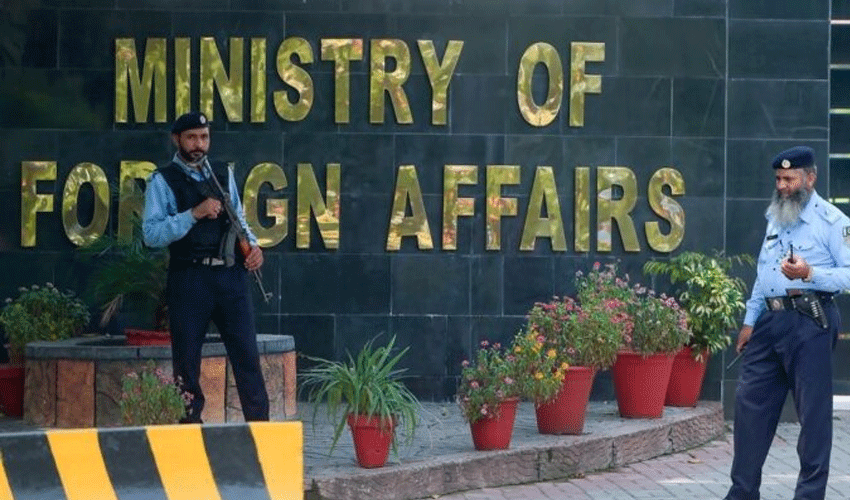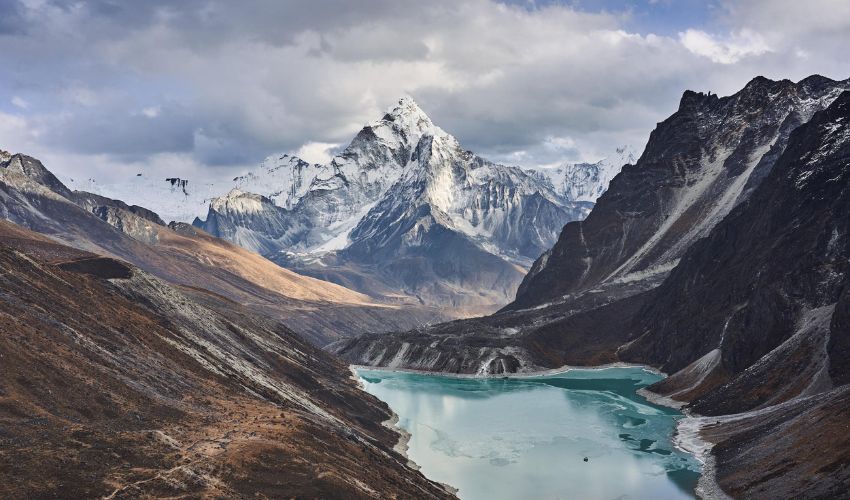India confronted a grave narrative contradiction after a terrorist incident struck the heart of the heavily militarised Kashmir valley, casting serious doubts over its long-standing security claims and its assertions about normalcy following the abrogation of Article 370.
The Indian state appeared mired in confusion over whether to accuse Pakistan for the attack or admit its own security failure, despite the continuous deployment of over 800,000 troops in the occupied valley for the past three decades. After the revocation of Article 370, New Delhi asserted that peace had returned and tourism had flourished, yet the attack directly challenged those declarations at the very core of the region.
The Indian narrative claimed that terrorists crossed the Line of Control and covered a distance of 70 kilometres to reach Pahalgam, a densely populated and highly secured area often referred to as “Mini Switzerland”. The assailants reportedly targeted only those perceived as threats to the Kashmiri resistance — namely foreign and Hindu tourists — while the killing of a Muslim victim was completely ignored by Indian media.
Although the incident extended for more than 20 minutes, the absence of any effective response from Indian security forces raised numerous questions regarding the preparedness and credibility of the state’s counter-terrorism measures.
Moments after the attack, an account reportedly operated with the backing of the Research and Analysis Wing (RAW), identified as "Baba Banaras", hastily blamed Pakistan and the Pakistan-linked group TRF, despite TRF not having claimed responsibility, and in the absence of any credible evidence linking Pakistan to the incident. Furthermore, the cited PTCL code “949” did not correspond with any Pakistani network.
Nevertheless, Indian media relentlessly repeated the same narrative and within minutes, India, which has itself inflicted severe atrocities upon Kashmiris and Sikhs, presented itself as a victim of terrorism.
Conversely, Pakistan provided the international community with undeniable evidence of state-sponsored terrorism orchestrated from within India, including the BLA’s public claim of responsibility for a separate attack and its confirmed ties to India. Pakistan consistently condemned terrorism in all forms, while the Indian Ministry of External Affairs maintained an unexplained silence over acts of terrorism occurring on Pakistani soil.
Pakistan raised critical questions within this context: why did major terrorist incidents occur only under the BJP government? Why had Ajit Doval, despite multiple security failures, continued to serve as the National Security Adviser?
The people of Indian-occupied Jammu and Kashmir had endured state repression for the past 77 years. In the recent elections, they rejected the BJP-backed agenda and expressed their dissent against the abrogation of Article 370. Pakistan urged India to acknowledge these local sentiments instead of placing repeated blame on Pakistan.
A spokesperson for Pakistan’s Ministry of Foreign Affairs stated, “Pakistan has always condemned terrorism in all its forms. We have provided undeniable evidence to the international community regarding Indian involvement in state-sponsored terrorism.”
In the backdrop of mounting pressure from state institutions, Indian media had intensified its war rhetoric, potentially provoking the Modi administration to take hasty measures against Pakistan. Analysts observed that such a path might lead to perilous consequences for both the region and India itself, particularly as Pakistan remained resolute in defending its sovereignty.
























